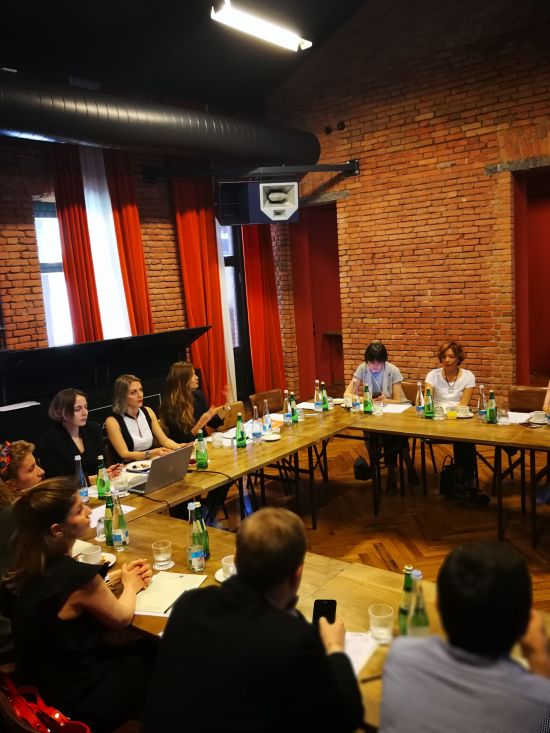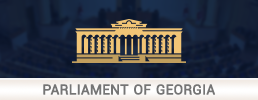2018-05-08

Today's meeting of the Working Group for Communications under the Interagency Commission on Gender Equality discussed the Communications Strategy and Action Plan on Violence against Women and Domestic Violence. The meeting was chaired by the Prime Minister's Assistant on Human Rights and Gender Equality Sopo Japaridze.
The development of the Communications Strategy and Action Plan seeks to create the Georgian Government's unified framework for violence against women and domestic violence, as part of which the commission's constituent agencies will plan and carry out thematic events. The development of the state's unified communications vision of issues related to violence against women and domestic violence will promote coordinated and result-oriented cooperation between different state institutions and will enhance the effectiveness of the communications efforts of said institutions.
The Communications Strategy and Action Plan will be approved at the next meeting of the Interagency Commission.
The working group's key function is to coordinate the implementation and monitoring of the National Communications Strategy and Action Plan on Violence against Women and Domestic Violence. The working group enjoys technical assistance from UN Women.
Significant progress has been achieved in Georgia over the past few years in terms of combatting violence against women and domestic violence. Documents and legislative frameworks defining relevant policies have been developed and upgraded, and mechanisms for protecting and assisting victims have been empowered. Notwithstanding said positive changes, the results of the 2017 surveys by UN Women and the National Statistics Office of Georgia show a high level of acceptance by society of different forms of violence against women, which hinders the process of identifying and decreasing cases of violence.
Accordingly, to plan activities based on the results of these surveys and ensuring unified, coordinated work by state institutions, the Interagency Communications Group was created, under which different activities will be planned and implemented.











